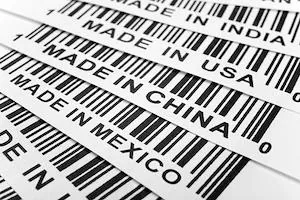Patents: Importation Constitutes Working

The case at stake ended a thirty-year old debate regarding the characteristics a patent working should fulfill in order to avoid its lapsing due to non- working. Under the previous patent law (Law No. 111, repealed in 1995), lack of working for more than two years caused the lapsing of the patent. The ratification of the Paris Convention did not change this circumstance because the courts ruled that Article 5.A.3) was not self-executing in Argentina and compulsory licenses had not been implemented by domestic legislation.
This case involved Ipesa S.A., an Argentine company which commercialized an herbicide, and Ishihara Sangyo Kaisha Ltd., a Japanese company owner of several Argentine patents related to pyridine sulfonamide compounds and herbicidal compositions. These two companies reciprocally filed claims and counterclaims, where Ipesa basically stated that Ishihara’s patents were null and void due to lack of working and therefore Ipesa did not infringe them. On the other hand, Ishihara held that their patents were valid and enforceable, and therefore Ipesa was infringing them.
The decisions of first and second instance ruled in favor of Ishihara, and thus ended an old patent debate in Argentina.
According to the Court of Appeals, “there is patent working when someone sets up a factory for the manufacturing of patented products as well as when someone negotiates the patented products, either directly or through licenses for third parties to carry out the manufacturing process and for the patent holder to take care of the negotiation and selling stage, either through importations acts or not, but putting the products on the market for his own benefit and for the community to buy and use the patented products”.
The Court also stated that there is patent working when the patented product is genuinely put on the market, allowing the titleholder to obtain a benefit, without taking into account whether the product is manufactured in Argentina or imported. Ishihara imported considerable amounts of the patented product between 1988 and 2000, for its own benefit and to supply the market, which ruled out the ruse of making nominal supplies to the market with the aim of complying with the working requirement.
Finally, the decision considered irrelevant the fact that the importation had been performed by the titleholder or a third party. In this case, the importations had not been made by Ishihara but one of its subsidiaries and a third party.
This insight is a brief comment on legal news in Argentina; it does not purport to be an exhaustive analysis or to provide legal advice.